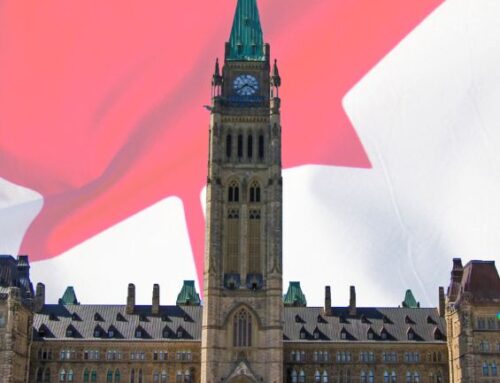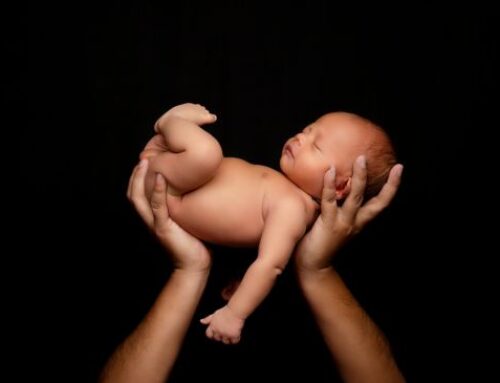John Carpay

Interim writer, John Carpay, Law Matters
Rape victims in Ontario grieve not only the evil that was inflicted on them, but also the failure of the Crown to ensure that serious offences are tried promptly. In 2016, the Supreme Court of Canada ruled in R. v. Jordan that serious crimes must be tried within 30 months, based on the Charter right to be tried within a reasonable time. Reducing delays benefits both the accused person and the victim of the alleged crime.
Since 2016, in Ontario alone, hundreds of serious charges have been thrown out due to delays, including 86 sexual assault cases. The Crown has limited resources to prosecute cases and simply cannot bring every matter to trial. Knowing this, the Crown should prioritize the prosecution of murder, rape, assault, and other serious crimes.
While some Ontarians who stand accused of rape, murder, arson, and violent assaults walk away scot-free, the Crown is now prosecuting Chris Barber and Tamara Lich over their participation in the peaceful Freedom Convoy protest in Ottawa. Without vandalism, violence, murder, arson, looting, theft or property damage, thousands of Canadians protested peacefully in January and February 2022 against mandatory vaccination policies. As citizens, they legitimately exercised their Charter freedoms of expression, association, and peaceful assembly.
The trial of Tamara and Chris was supposed to take 16 days. By early December 2023, the trial had already taken 32 days. It is far from over. While the Crown seems to lack the resources to bring accused rapists to trial within 30 months, Crown prosecutors in Ontario have chosen to use resources to prosecute Tamara and Chris over vehicles that may have been parked illegally during the peaceful Freedom Convoy protest. For the record, Tamara Lich had no truck or car with her in Ottawa in 2022. The protesting truckers took great care to ensure that emergency lanes were left open for police, ambulance, and firetrucks.
The Crown in Manitoba chose not to prosecute the vandals who, in July 2021, expressed their opposition to “colonialism” by tearing down and damaging a large statue of Queen Victoria on the legislature grounds. As members of a certified victim group protesting for the “right” cause, they were permitted by Winnipeg police and by the Crown to violate the Criminal Code by vandalizing public property in broad daylight. Likewise, some of the protestors who shut down Canadian railway lines in March 2020, causing millions of dollars in damages, faced no criminal charges. Rather, because they were protesting the building of pipelines, the Prime Minister said that he wanted to meet with them.
It seems that some Crown prosecutors have abandoned the rule of law, a core Canadian constitutional principle, in favour of woke ideology that sees society as a permanent battle ground between oppressor groups and oppressed groups. Law enforcement, when deciding to prosecute or not, now considers the race and political opinions of protesters, rather than what ought to be the sole criterion: the protesters’ behaviour. This was also made abundantly clear in 2020, when anti-lockdown protesters were vehemently denounced as idiots who endangered lives, whereas anti-racism protesters were readily forgiven for violating Covid restrictions.
Are Tamara and Chris being prosecuted because they took part in a protest that was despised and detested by the Prime Minister, by most politicians of most parties, by the medical establishment, by government-funded media, by taxpayer-funded universities, and by the legal establishment? As those who dare to remember will know, there was no room for debate in 2020-2022. Anyone questioning the government’s lockdown policies or vaccine mandates was denounced as “anti-science” and as against “saving lives.”
In Ottawa in 2022, governments could have used many law enforcement tools that were available to them, rather than laying criminal charges and invoking the Emergencies Act. For example, police could have issued tickets for failing to have a permit for demonstrations, or for violating traffic, parking, and noise bylaws. Police did not use their powers under Ontario’s Highway Traffic Act to remove and store vehicles that impeded the normal and reasonable movement of traffic on roads, nor did they enforce Ontario’s Emergency Management and Civil Protection Act.
Instead of using these non-criminal law enforcement tools to deal with parked trucks that partially obstructed some streets, the draconian powers of the Emergencies Act were used. Police charged peaceful protesters like Chris and Tamara with criminal conduct. The Crown chose to prosecute these charges, even if doing so means denying justice to victims of rape and other serious crimes.
John Carpay is president of the Justice Centre for Constitutional Freedoms, which has provided criminal defence lawyers to Chris Barber and others facing criminal charges over their participation in Freedom Convoy.




